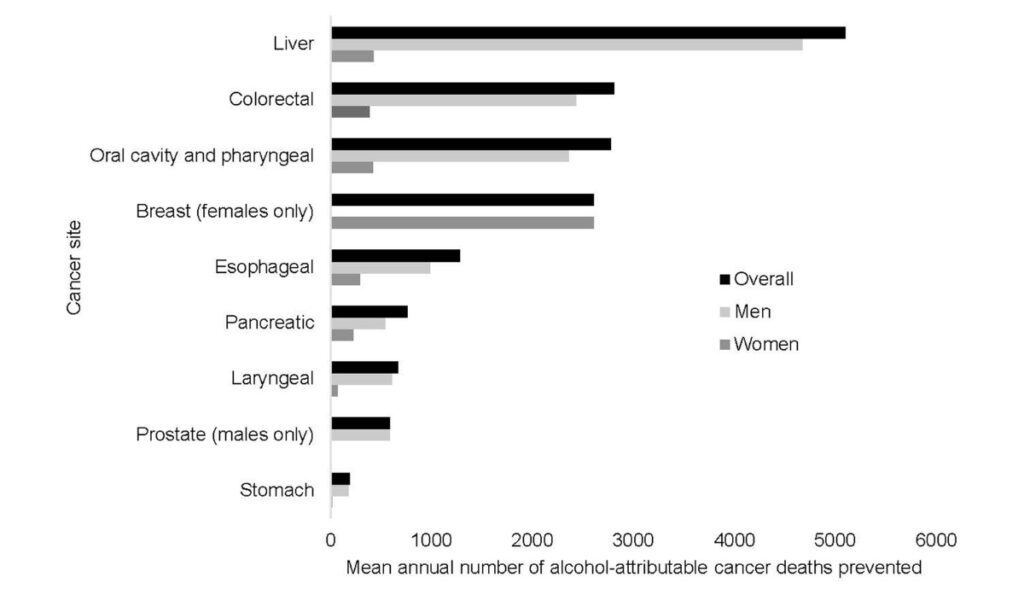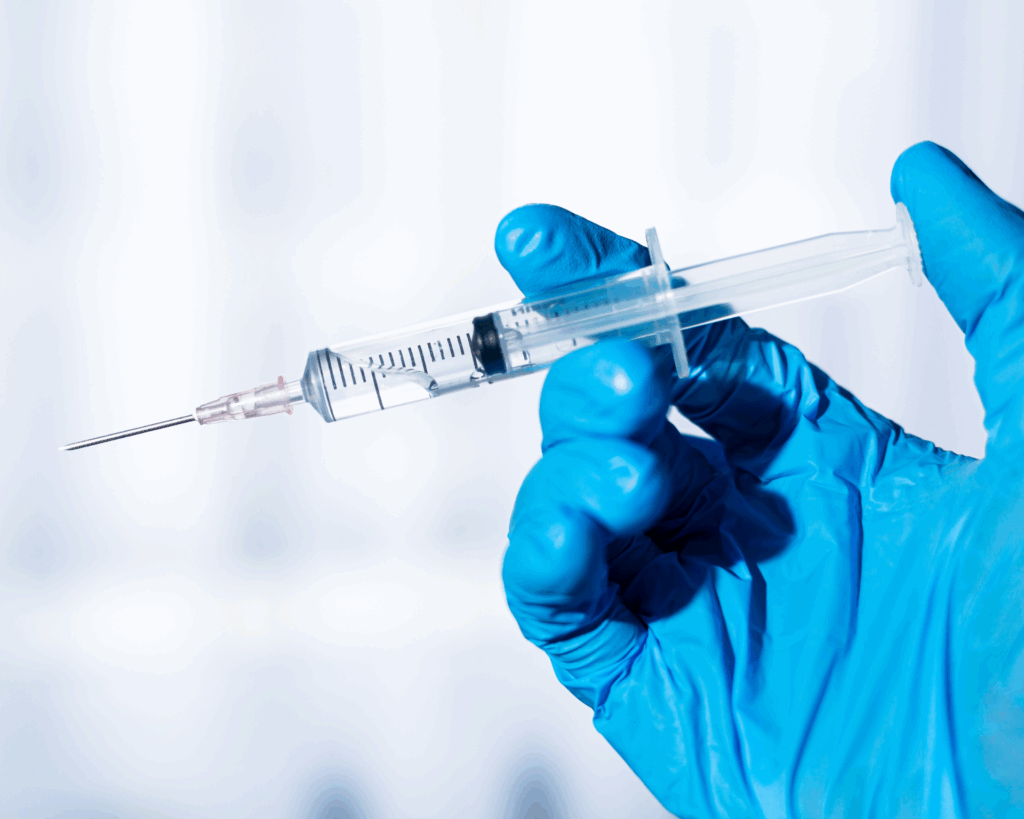The Lesser-Known Killer
Nearly 83% of alcohol-related cancer deaths could be averted if adults who drink reduced their alcohol consumption to align with dietary recommendations.

Read Time: 2 minutes
Published:
Alcohol consumption in the U.S. has increased over the past 20 years, with the populations in 41 states exceeding Healthy People 2020 limits for per capita alcohol intake. More than half of adults report drinking in the past month. While alcohol is a widely accepted part of American culture, its impact on cancer deaths often goes unnoticed.
Alcohol contains carcinogens like acetaldehyde that can damage DNA and proteins, fueling cancer development. Marissa B. Esser and colleagues shed light on alcohol’s impact on cancer deaths. Using CDC data, they estimated annual alcohol-attributable cancer deaths for 2020-2021. Their analysis explored how many of these deaths could have been prevented if alcohol use was reduced to align with the recommendations outlined in the Dietary Guidelines for Americans report, which include at most two drinks daily for men and one for women.

The figure above highlights the cancers most impacted by excessive alcohol use, defined as drinking that exceeds the guidelines outlined in the report. Liver cancer accounted for the most preventable alcohol-attributable deaths overall and among men, while breast cancer led for women. By aligning with the recommendations on alcohol intake, an astonishing 83% of these deaths could potentially be averted if adults who drink reduced their consumption to less than two drinks a day for men and no more than one drink a day for women. However, alcohol safety recommendations are evolving, and there is uncertainty around what consumption levels, if any, are completely safe.
The authors suggest evidence-based policies like increasing alcohol taxes and limiting the number of stores that sell alcohol in an area to complement clinical interventions. As research progresses, recommended drinking limits may need revisiting. But clearly, alcohol’s role as a lesser-known cancer killer demands greater public health attention amidst America’s troubling alcohol use trends.
Databyte via Marissa B. Esser, Adam Sherk, Yong Liu, et al. Reducing Alcohol Use to Prevent Cancer Deaths: Estimated Effects Among U.S Adults. American Journal of Preventative Medicine, 2024.



